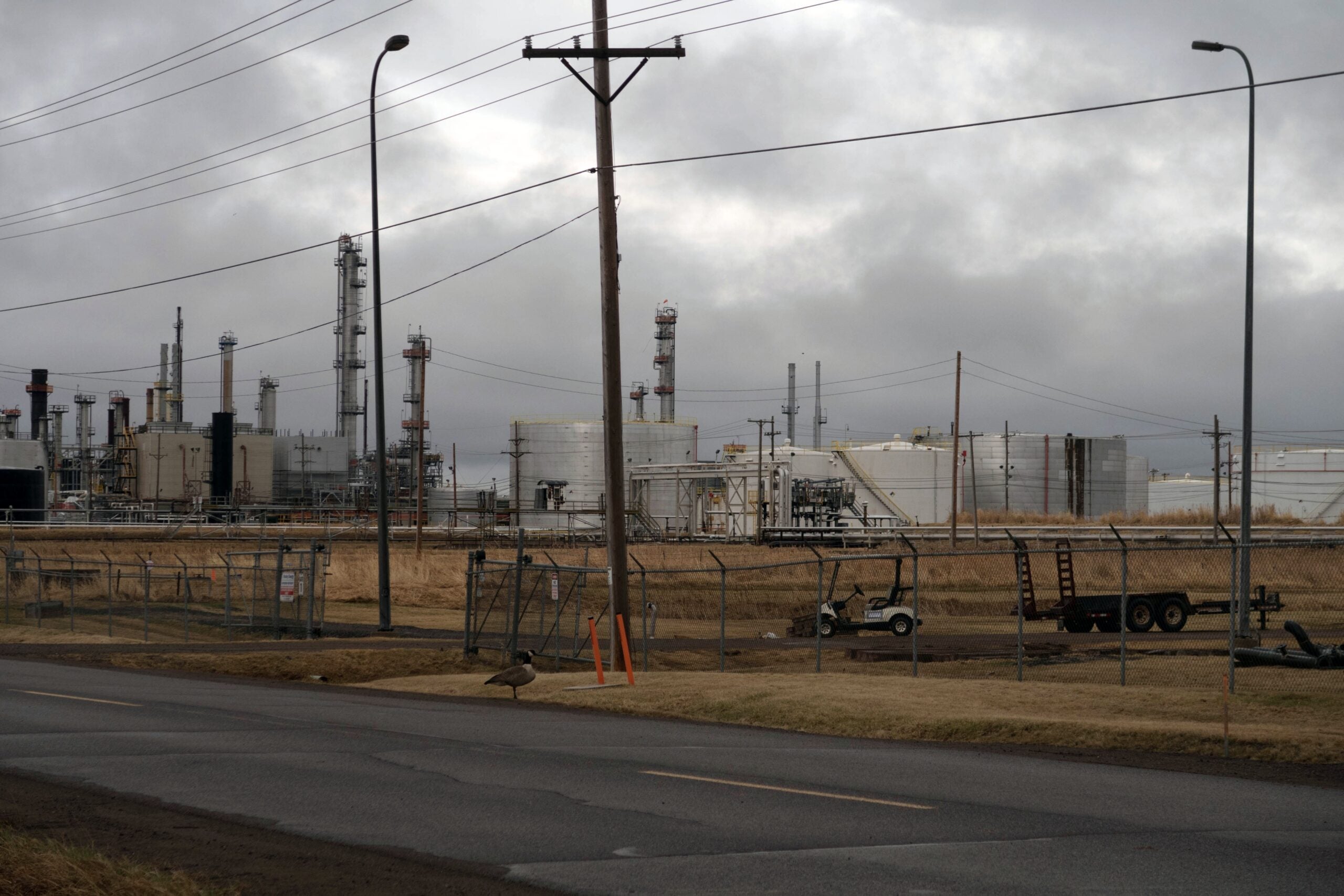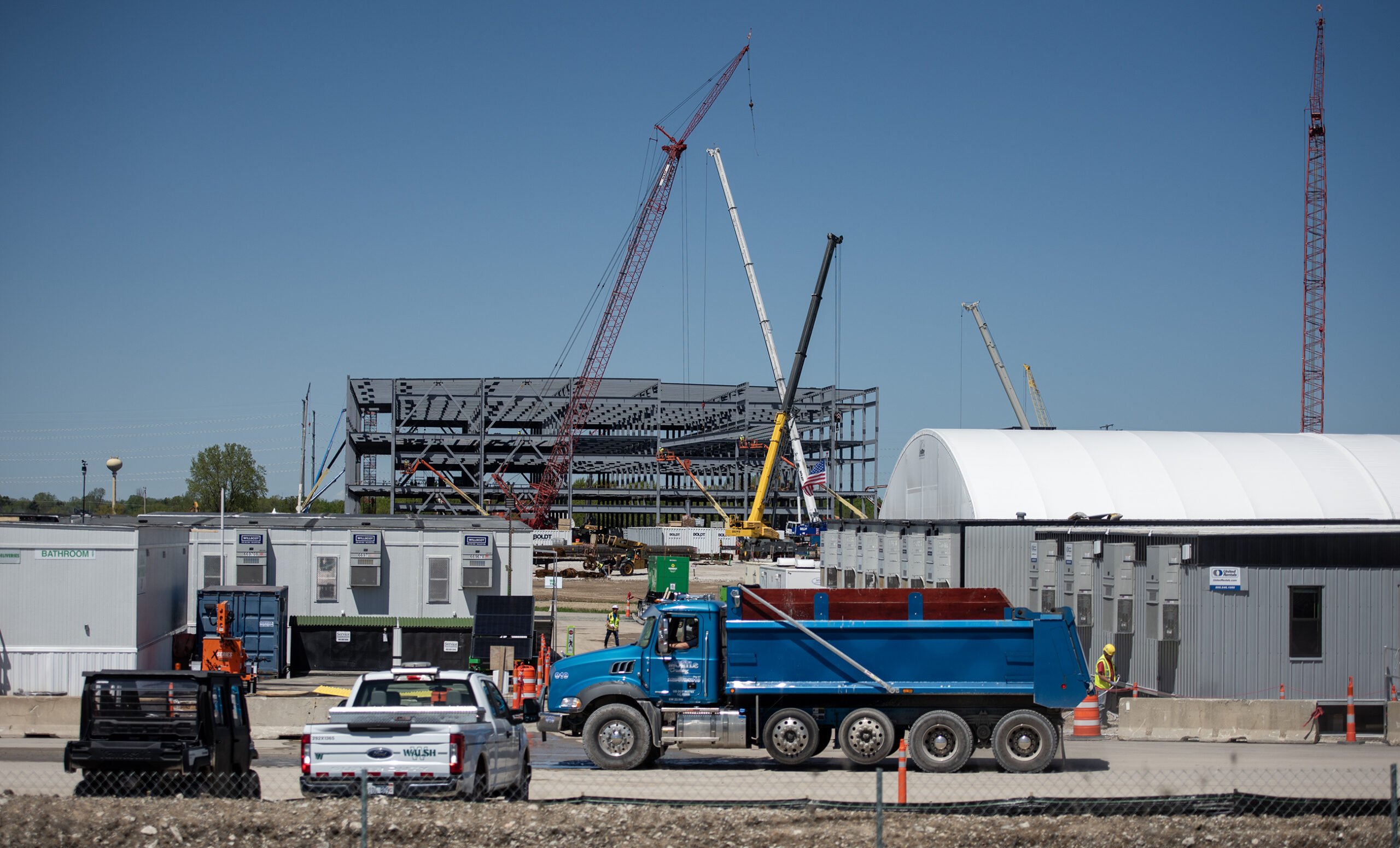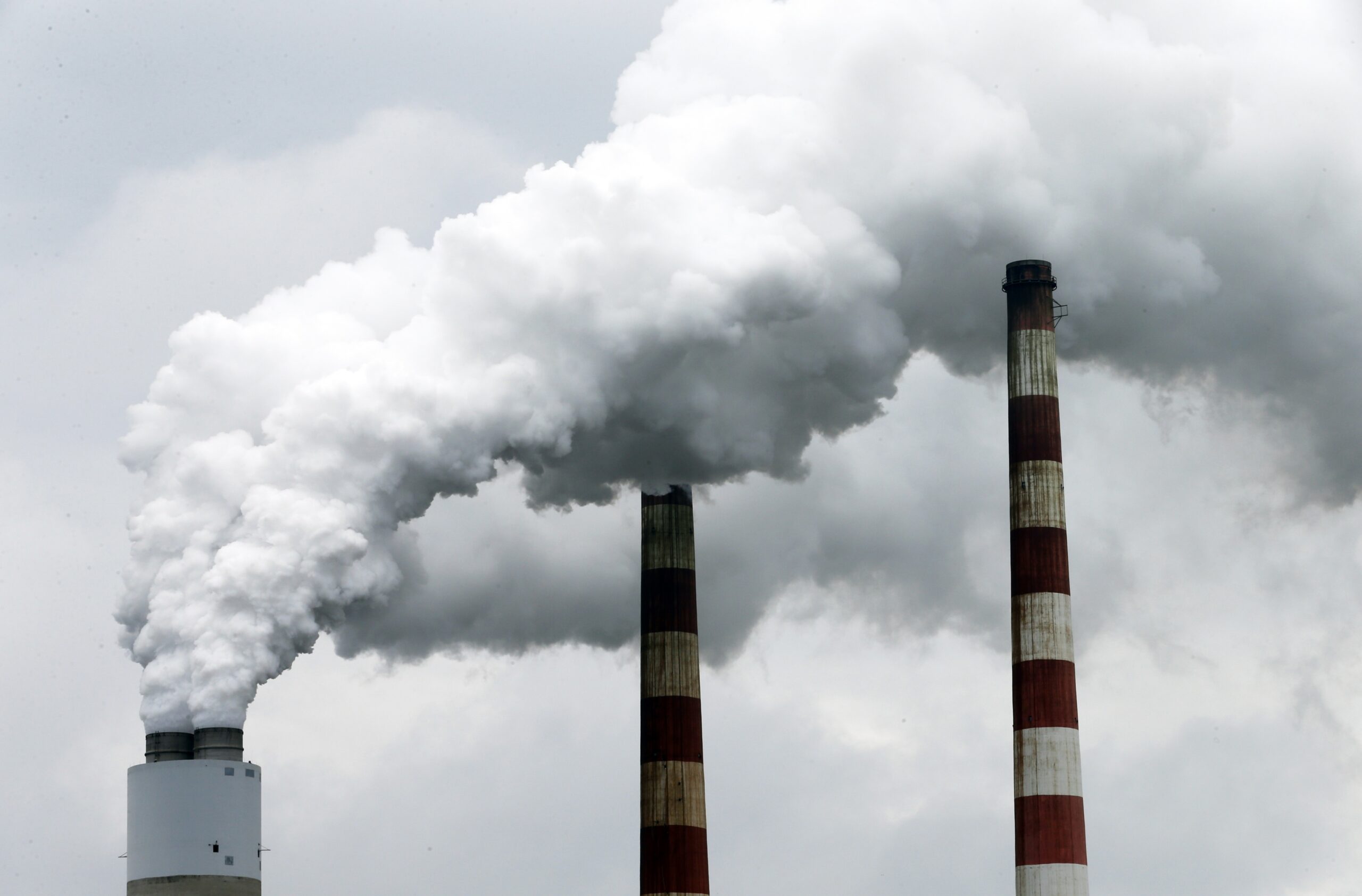Husky Energy is accepting claims for lost wages, transportation and lodging related to last week’s oil refinery explosions and fires in Superior that injured at least 20 people and forced a temporary evacuation in the city.
Husky Energy spokeswoman Kim Guttormson said in an email that the company is responding as quickly as possible to the roughly 750 claims it had received as of mid-day Thursday.
“Most of the claims are for expenses incurred during the evacuation, followed by lost income,” said Guttormson. “There have been very few claims involving injury.”
Stay informed on the latest news
Sign up for WPR’s email newsletter.
She said injury claims accounted for far less than 1 percent of the total claims submitted. Superior Mayor Jim Paine said in a news release on Wednesday that company leaders had told him people wouldn’t be required to sign a release of liability for their claims.
“They are not asking for release of liability and in many cases, reimbursement can take place immediately via direct deposit,” wrote Paine.
However, Guttormson said those who submit claims for bodily injury would be required to sign a waiver, but only once a settlement has been reached with that person.
“In these cases, a medical authorization release form would be required, as is standard practice,” said Guttormson.
Paine said the company will also provide counseling and mental health services to community members.
Husky is also asking people to report any debris for collection.
The number to submit claims is 1-855-527-5002.
Husky Energy Air Quality Monitoring
The company has 24 units that have been monitoring air quality around the refinery in addition to others that are being moved to gather data in a five-mile radius around the facility, according to Guttormson.
The latest results from Husky’s third-party contractor, GHD, show that air monitors have been measuring volatile organic compounds (VOC), carbon monoxide, hydrogen sulfide and flammability on the perimeter of the refinery. On Tuesday, monitors recorded elevated VOC levels, but the readings were determined to be sensor error.
Company, state and federal officials have reported that air quality monitoring has shown no cause for concern related to human health.
Wisconsin Public Radio, © Copyright 2025, Board of Regents of the University of Wisconsin System and Wisconsin Educational Communications Board.





